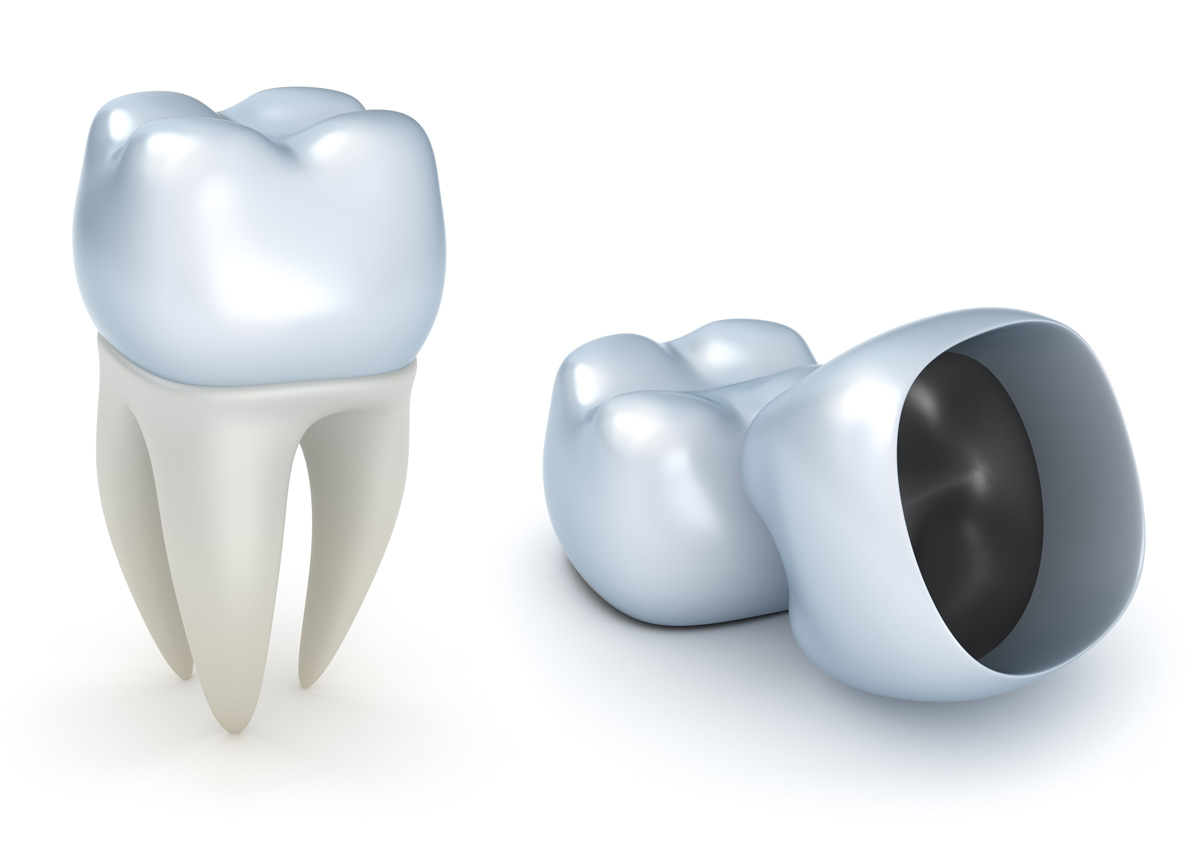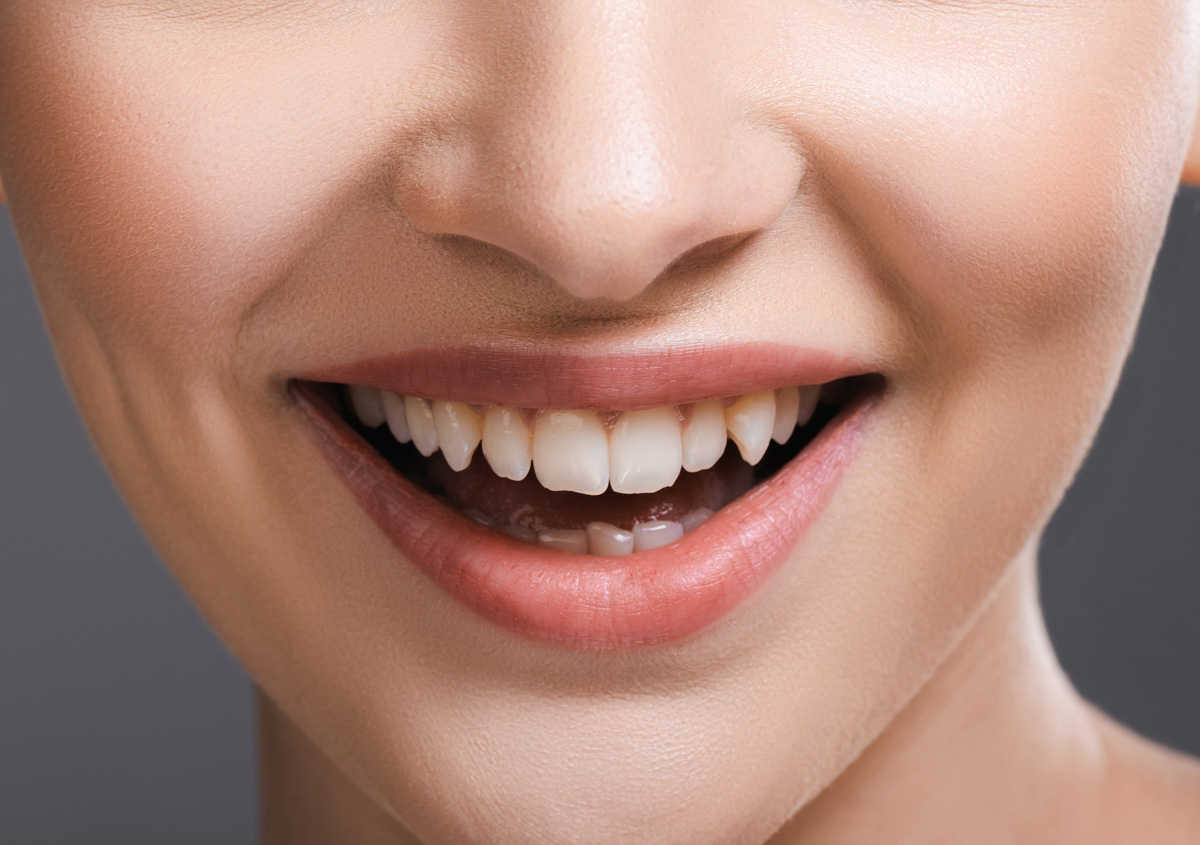Don’t Let Gum Disease Progress
Are you experiencing signs of early-stage gum disease, such as red gums, swelling, or bleeding? Don’t ignore these symptoms, as gum disease can cause serious issues, including tooth loss and even heart disease. Instead, contact our West Chester family dentist, Dr. Ron Briglia, for help.
Scaling and root planing can help manage symptoms of gum disease and even reverse the effects of the early stages. If you’re experiencing gum disease symptoms, contact Briglia Dental Group’s West Chester dentist today by calling by dialing (610) 615 0160 if you’re a new patient or (610) 692 4440 if you’re an existing patient to schedule an appointment.
What Is Scaling and Root Planing?
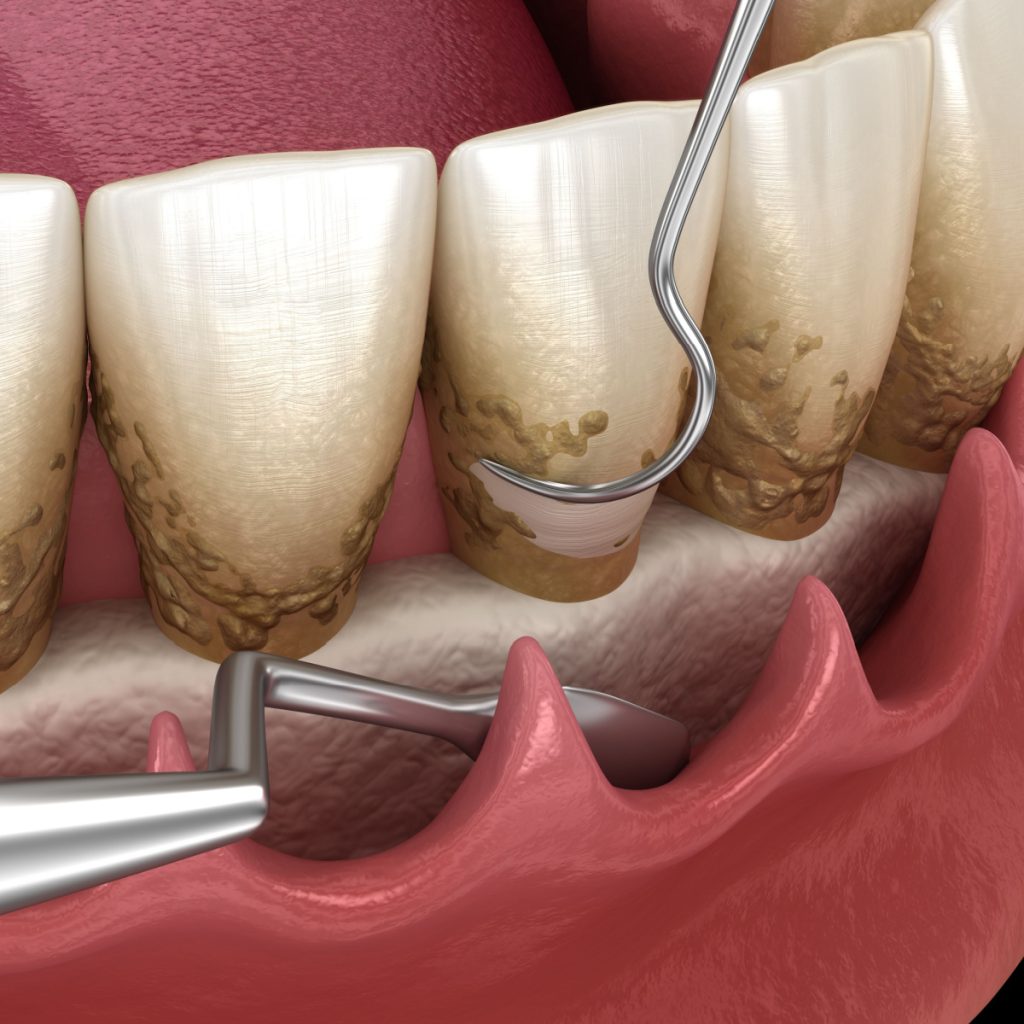
Scaling and root planing, also known as dental deep cleaning, is a non-surgical procedure used to treat gum disease. This professional cleaning involves the removal of built-up bacteria called plaque and tartar from below the gum line, then smoothing out the tooth roots to prevent further bacterial growth. The planing and scaling processes are performed together to improve oral health and prevent gum disease from progressing. Here’s what to expect:
- Scaling: Our dentist or dental hygienist uses a hand instrument or ultrasonic device to remove plaque and tartar from the crowns of the teeth and below the gum line.
- Root Planing: Your dental professional will use a smooth instrument to smooth the root surfaces of the teeth. This helps the gums reattach to the teeth.
The Benefits of Scaling and Root Planing
For those showing signs of early-stage gum disease, a deep cleaning can provide you with the following benefits:
- Prevents gum disease from progressing into periodontitis
- Reduces the risk of tooth loss
- Eliminates bad breath
- Improves overall oral health
- Can save you money on future dental treatments
- Decreases gum bleeding

When Is Scaling and Root Planing Necessary?
Tooth scaling and root planing are necessary when there’s an excessive build-up of plaque and tartar in the gum tissue that has caused gum inflammation, bleeding, and even bone loss. A deep cleaning may be recommended if:
- There’s moderate to severe gum disease, also known as periodontitis.
- There’s a significant amount of plaque and tartar buildup on the teeth and gums.
- There’s bleeding, inflammation, and recession of the gums.
- When there are deep pockets between the teeth and gums that have formed due to gum disease.
- When some loose teeth or teeth have shifted due to gum disease.
If you’re experiencing any of the above, please contact our dentist in West Chester today for an appointment.
How the Scaling and Root Planing Processes Work
The dental deep cleaning procedure can be completed through the following steps:
- Evaluation: Our dentist will evaluate the extent of gum disease through dental X-rays and measurements of the gum pockets.
- Local Anesthetic: We’ll use a local anesthetic, or another form of dental sedation, to numb the area before starting the procedure.
- Scaling: Our dentist will use special tools to remove the plaque and tartar from the tooth surfaces and below the gum line. This is also known as dental scaling.
- Root Planing: The tooth root can become rough due to uneven plaque and tartar buildup. Dr. Briglia will smooth out the rough surfaces of the tooth root to prevent further bacterial growth and encourage the gums to reattach to the teeth.
- Antibacterial Rinse: An antibacterial rinse will be given to you to help flush out any remaining bacteria.
Scaling and Root Planing Aftercare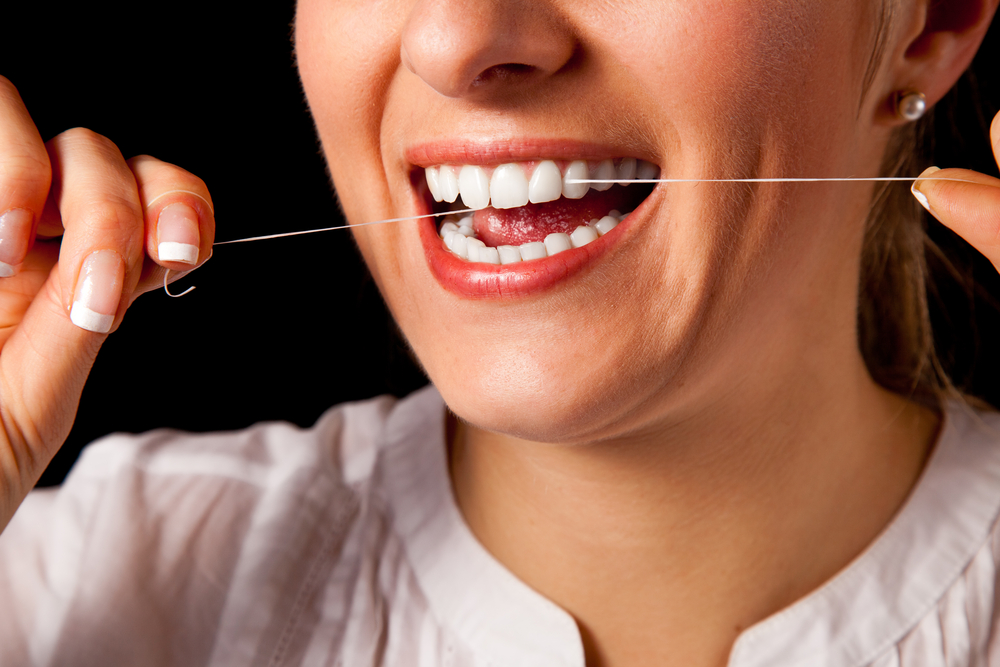
After your dental deep cleaning procedure, you’ll want to take care of your oral health to ensure the gum disease doesn’t come back. Dr. Briglia may recommend doing the following:
- Follow a good oral hygiene routine, including brushing twice a day and flossing daily.
- Use an antibacterial mouthwash as prescribed by your dentist.
- Avoid eating hard, crunchy, or sticky foods for a few days.
- Attend regular dental checkups to monitor your oral health.
Scaling and Root Planing Risks
Like any dental procedure, there are some risks patients should be aware of. Risks associated with deep cleanings include:
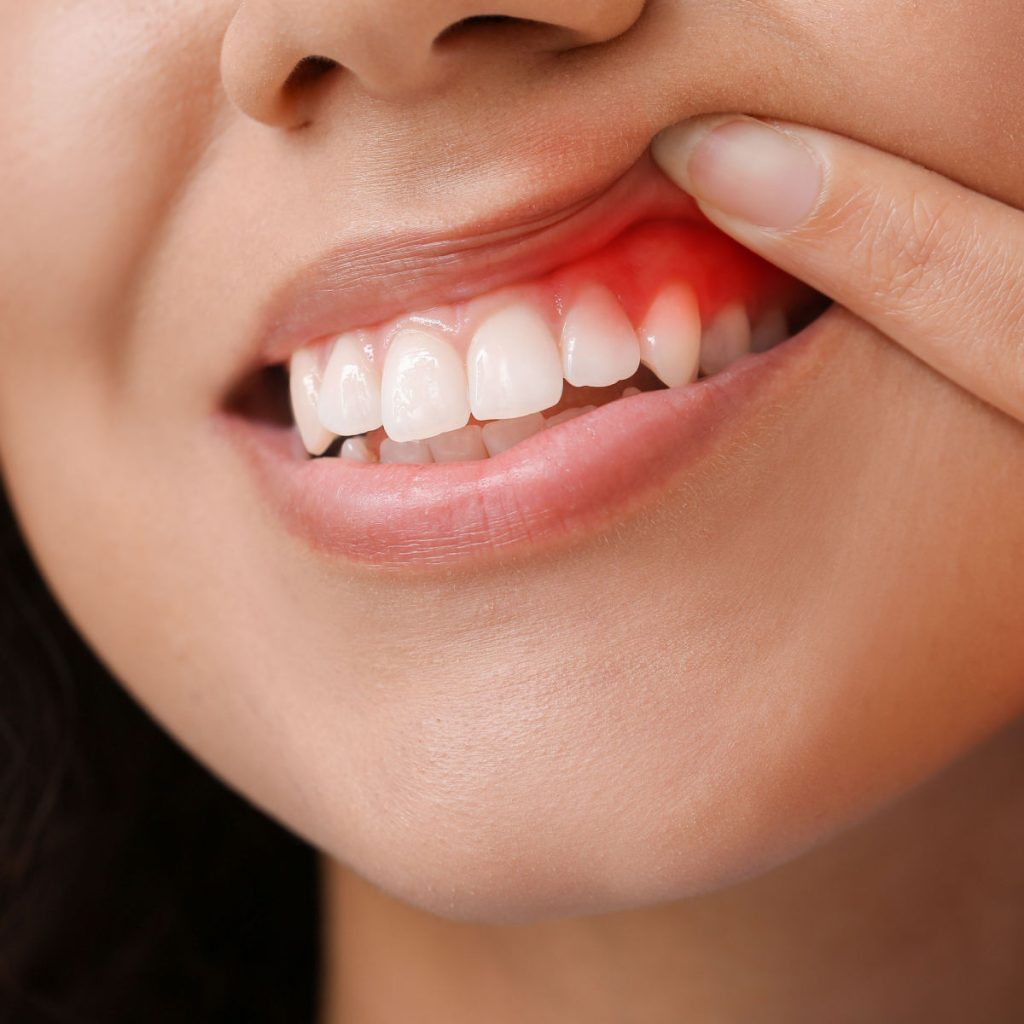
- Teeth Sensitivity: After dental deep cleaning, you may experience some sensitivity to hot and cold temperatures, as well as sweet or sour foods. This usually subsides within a few days to a week.
- Gum Recession: In some cases, deep cleanings can cause the gums to recede, or pull away from the teeth. This can make the teeth appear longer and expose the tooth roots, which can be sensitive to cold temperatures.
- Infection: Dental deep cleaning involves removing bacteria from the gums and teeth. However, in some cases, the procedure can introduce bacteria into the bloodstream, which can potentially cause infections in other parts of the body.
- Pain: Some patients may experience discomfort or pain during and after a deep cleaning. This is usually mild and can be managed with over-the-counter pain medication.
Frequently Asked Questions















